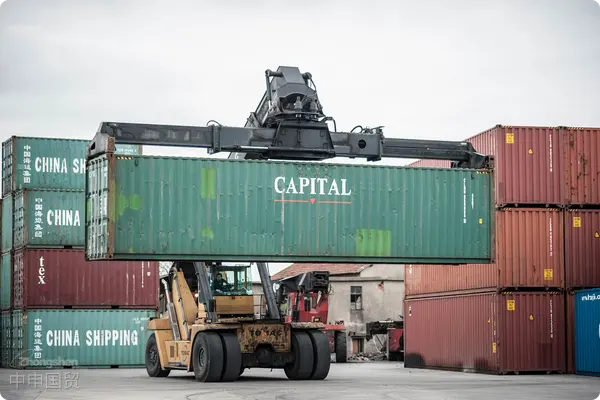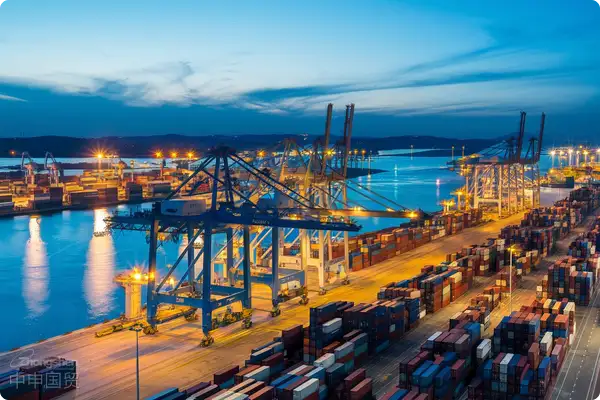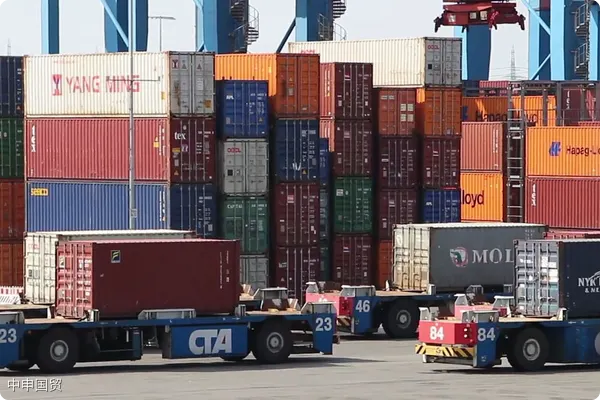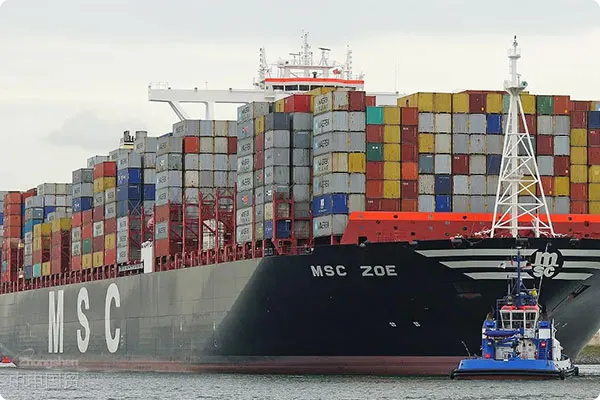- Shanghai Zhongshen International Trade Co., Ltd. - Two decades of trade agency expertise.
- Service Hotline: 139 1787 2118

Processing with supplied materials refers to a trade method in which foreign customers provide raw materials, components, etc., and domestic enterprises process and assemble them, and then re - export the finished products to foreign customers. There are special regulations for this kind of business in Chinas VAT policy, as follows:
I. Policy of Exemption from VAT
According to the current tax laws, goods exported in the form of processing with supplied materials are exempt from VAT. The specific content includes:
Imported raw materials are exempt from VAT:The imported raw materials required for processing with supplied materials are exempt from VAT upon import.
Exported goods are exempt from VAT:The finished products of processing with supplied materials are exempt from VAT upon export.
Processing fees are exempt from VAT:The processing fees charged by enterprises engaged in processing with supplied materials to foreign customers are also exempt from VAT.
II. Declaration and Filing
Taxpayers do not need to go through special filing procedures when conducting processing - with - supplied - materials business. However, when making VAT declarations, the following matters need to be noted:
VAT return form:Declare the export tax - free sales amount in the corresponding columns of the main VAT return form, Schedule I, and the明細(xì)表 of tax reductions and exemptions.
Retain materials for future reference:Relevant materials should be properly kept for inspection by the tax authorities.
III. Issue of Input Tax Deduction
Since the processing - with - supplied - materials business implements the tax - exemption policy, the following matters need to be noted:
Input tax cannot be deducted:The input tax paid for domestic goods corresponding to this part of the business cannot be deducted. That is to say, the input tax of the processing - with - supplied - materials business is related to the tax - free income and cannot be deducted for input tax.
Not applicableExport Drawback:Since the processing - with - supplied - materials business implements the policy of exemption from VAT, it is not related to the issue of export tax rebates.
IV. Handling of Domestic Sales
If, in a processing with supplied materials business, the imported materials or products are approved for domestic sales, the following regulations shall be followed:
When selling domestically, it is necessary to pay customs duties, value - added tax, and consumption tax as required.
Matters needing attention in actual operation
Contract management:When signing a processing with supplied materials contract, it is necessary to clarify the rights and obligations of all parties, especially the clauses regarding tax burden, to avoid disputes in the later stage.
Strictly distinguish between tax - free and taxable businesses:The tax - free policy for processing with supplied materials businesses only applies to the export part. If some materials or finished products are converted for domestic sales, they should be dealt with by strict distinction to ensure that the corresponding taxes are paid in place.
Prepare sufficient materials for inspection:Although prior filing is not required, in actual operation, attention should be paid to retaining complete business materials, including contracts, invoices, customs declarations, transportation documents, etc., for inspection by the tax authorities.
Processing with supplied materials businesses enjoy the preferential policy of exemption from value - added tax in tax policies, but enterprises need to strictly abide by relevant regulations in declaration and actual operation to ensure the legal and compliant operation of the business. At the same time, enterprises also need to pay attention to the tax treatment of the domestic - sales part to avoid being punished for failure to declare and pay taxes in a timely manner.
Related Recommendations
Learn
Contact Us
Email: service@sh-zhongshen.com
Related Recommendations
Contact via WeChat

? 2025. All Rights Reserved. Shanghai ICP No. 2023007705-2  PSB Record: Shanghai No.31011502009912
PSB Record: Shanghai No.31011502009912









